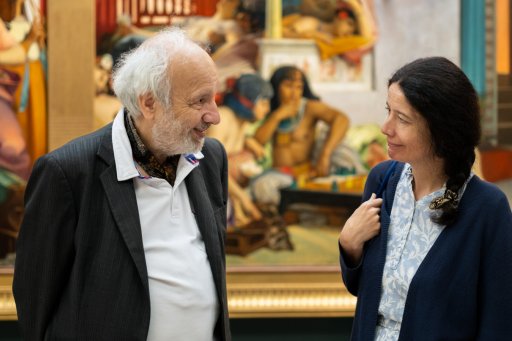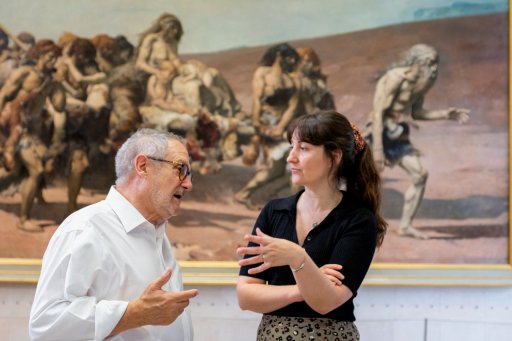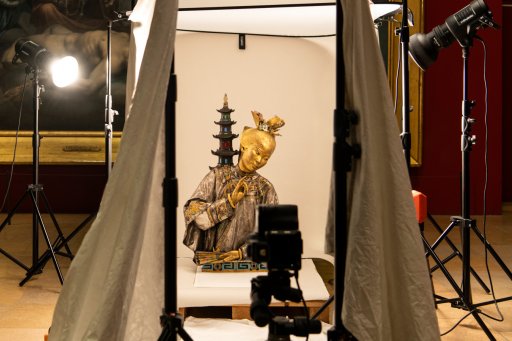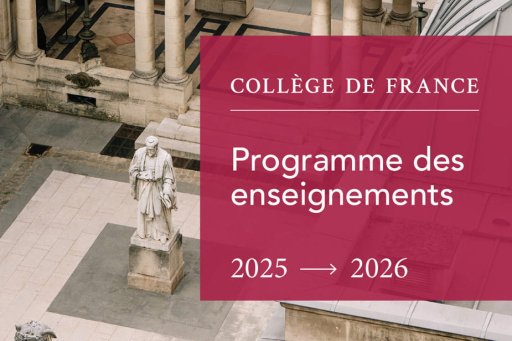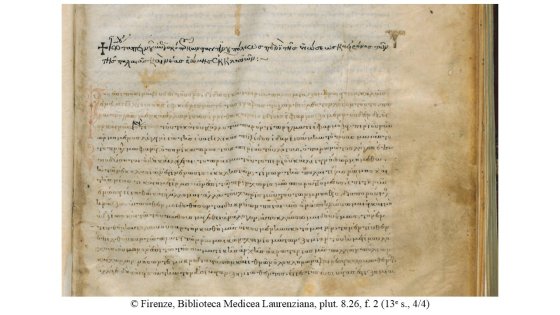
Within the vast literary output of the Byzantine Empire (4th-15th centuries), religious polemic texts are among the most numerous, but also among the least studied today. With religion occupying a predominant place in the political, social and cultural life of the Byzantine Empire, relations with surrounding peoples and cultures were often played out on the level of religious controversy : these concerned both relations between Christianity and other religions (we thus have anti-Muslim or anti-Judaic texts) and relations between the various Christian Churches, notably between the Byzantine Church (or Orthodox, according to a modern definition) and the Church of Rome (today known as Catholic). Marked by divergent historical evolutions, the two main poles of Christianity gradually drifted apart in the Middle Ages, culminating in a rupture of communion, or schism, which attempts have been made to repair on several occasions. As a result of continuous exchanges and negotiations between East and West, the polemic between Latins and Byzantines gradually reached a wide circulation, giving rise to hundreds of texts and evolving over the centuries in its content and methods. Topics of controversy ranged from ecclesiological issues (e.g. papal primacy) to doctrinal questions (e.g. the question of the Filioque, i.e. the procession of the Holy Spirit) and liturgical issues (e.g. unleavened bread).
Despite their historical value, these polemical texts - often wrongly considered repetitive and uninteresting - are still little known and studied. This is why the international program Repertorium Auctorum Polemicorum (RAP). De pace et discordia inter Ecclesiam Graecam et Latinam aims to reawaken interest in this despised facet of Byzantine literature : its objective is the creation of the first comprehensive directory of all works written in Greek, Latin and Old Slavonic that concern religious polemics between the Byzantine and Roman Churches. The project is directed by Marie-Hélène Blanchet (UMR 8167 Orient et Méditerranée) and Alessandra Bucossi (Ca' Foscari University of Venice), and governed by an agreement signed between the Collège de France and Ca' Foscari University of Venice. RAP currently has over ten members, divided into three teams (Greek, Latin and Slavonic). Its database is developed in collaboration with the Pinakes database. Greek texts and manuscripts, managed by the IRHT's Section grecque et de l'Orient chrétien.
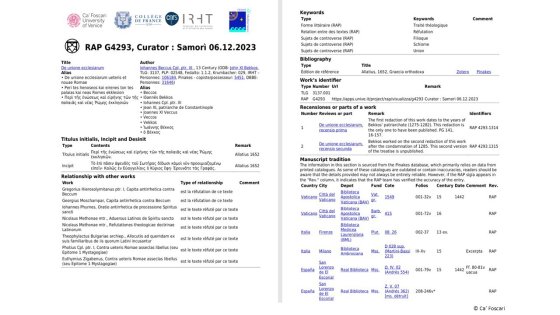
Between October 2023 and December 2024, the Collège de France, again in partnership with the University of Venice, hosted the RAP_GRE_TEX / RAP Greek Texts. Byzantine texts of religious polemic (13th-14th centuries) and digital humanities, financed by the VINCI 2023 call for projects (Chapter IV) of theFranco-Italian University (UFI). It enabled the post-doctoral beneficiary, Francesca Samorì (University of Padua and associate member of UMR 8167 Orient et Méditerranée), to become a member of the RAP Greek team , to receive training in digital humanities and to enrich the RAP database with forty-eight entries concerning Greek texts dated (or datable) to the 13th-14th centuries (see, for example, the treatise Sur l'union des Églises by Jean Bekkos, RAP G4293).
The work of the RAP teams , whose three databases now include some two hundred thirty entries, continues unabated, thanks also to the support given by the project's partner institutions, including the Collège de France. The main results of the project will soon be presented collectively by RAP members at the thematic session " RAP. Studying complex texts for complex polemics ", to be held at the next International Congress of Byzantine Studies (Vienna, August 2026).
Marie-Hélène Blanchet and Francesca Samorì



